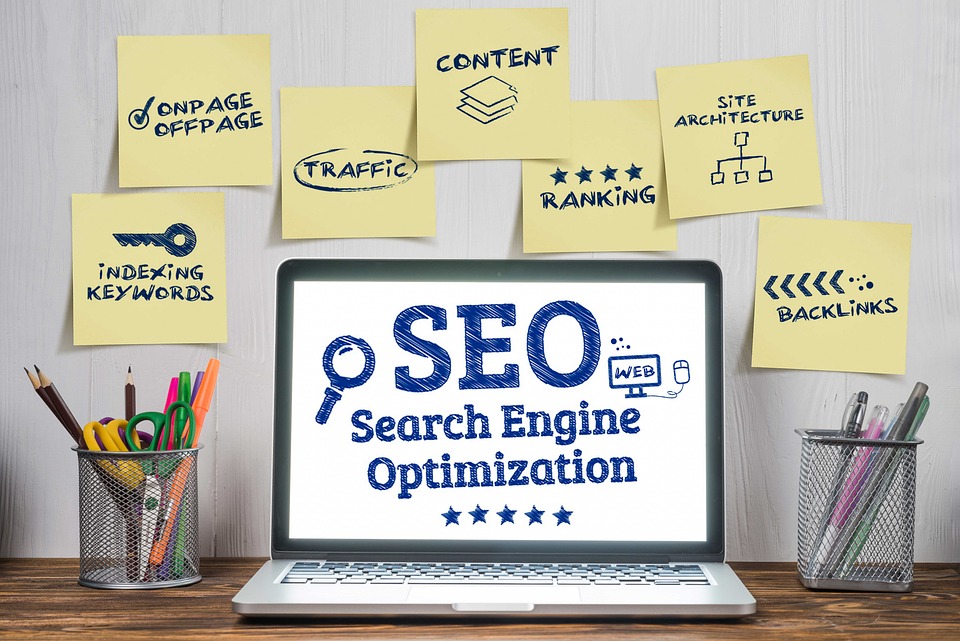As industries rapidly advance, the use of software solutions to simplify and enhance business operations has become a necessity. Two types of software solutions that businesses commonly opt for are Enterprise Resource Planning (ERP) and Custom Development applications. Both options offer unique benefits and drawbacks that must be evaluated considering specific business needs.
ERP is a pre-designed software package that integrates and governs all crucial business processes. This type of software typically addresses standard business needs such as accounting or supply chain management. A significant advantage of ERP is its ability to upgrade with consistency, ease, and at a lower cost. ERP modules are customizable, allowing businesses to tailor the software to their needs. It also helps businesses stay compliant with the latest regulatory requirements and ensures smoother, more efficient business processes. An ERP solution is highly efficient in streamlining repetitive processes across different departments and internal processes. However, as it is pre-designed, it may not always be completely customizable to highly specific business needs.
Custom development software, on the other hand, is built from scratch to meet the unique demands of a particular business. This requires significant investment in resources such as time and money. The solution is tailored to the exact configuration of a business’s operations, making it highly flexible and efficient. Custom applications enable businesses to feature new functionalities to improve unique business processes, data storage architecture, and reporting. Custom applications have the advantage of providing optimal integration and seamless communication with existing software infrastructure and system resources. However, custom development software is intricate and more challenging to maintain during system upgrades, patching, and modifying.
Making a choice between ERP and custom development mostly depends on the specific needs of the business. There are several factors to put into consideration, including the required customizations for a software solution to deliver results, the necessary feature set, individual department needs, and overall cost. A smaller business may prefer the pre-designed and upgraded ERP that’s readily available and cheaper, while a larger business with unique and more intricate requirements is more likely to benefit from a custom-built solution.
In conclusion, both ERP solutions and custom development software applications have their advantages and drawbacks, and one must consider unique business needs to determine the best fit. ERP is an affordable and easily maintainable option with upgrade capabilities that satisfy most standard business requirements. Custom development software provides optimal business-specific functionality, flexibility, and scalability. The choice between the two ultimately depends on the level of customization and specific business requirements. Whatever decision a business makes, it is essential to invest in the right software solutionthat serves their needs and ensures optimal growth and efficiency.





